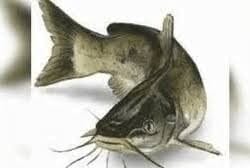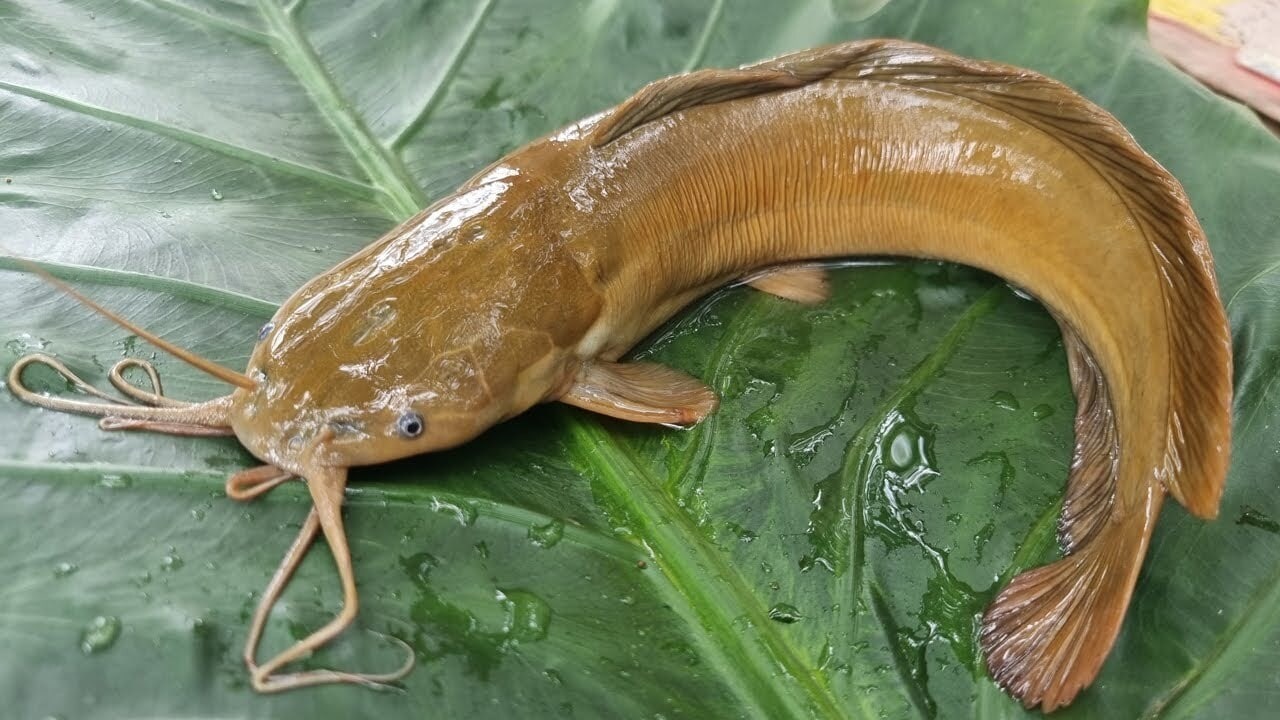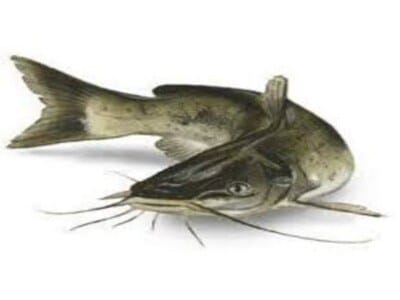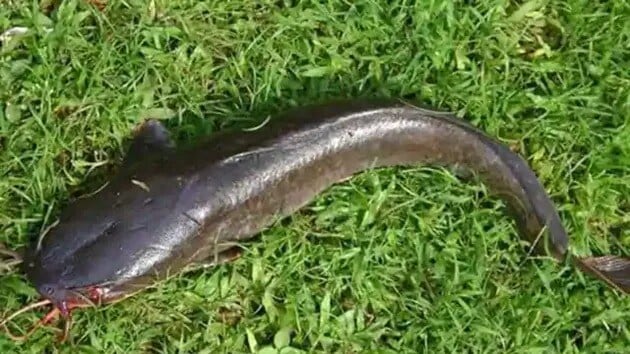Fish and rice are a staple combination for many, especially during the monsoon season when markets are flooded with a variety of fresh catches, including the popular Hilsa. However, fish lovers are advised to be cautious. While most fish are safe to consume, Thai Mangur should be strictly avoided.

According to Dr. Priyanka Arya, Assistant Director of the Aligarh Fisheries Department, Thai Mangur is one of the most harmful fish banned in India due to serious health risks. Its farming, sale, and consumption are prohibited by the government.

Experts warn that consuming Thai Mangur can increase the risk of cancer. This foreign species not only poses a threat to human health but also disrupts the ecological balance. Dr. Arya emphasised that the cultivation, sale, and consumption of this fish are legally banned in India, and violators face legal action. The Fisheries Department is actively raising awareness about the dangers of Thai Mangur, including its carcinogenic properties.

Thai Mangur, imported from outside India, is highly harmful to the environment as well. The National Green Tribunal banned its cultivation in 2000, primarily due to its carnivorous nature, which endangers other fish in aquatic habitats.

Research indicates that Thai Mangur is responsible for a 70 percent decline in native fish species in India, severely affecting the aquatic ecosystem. Additionally, fishermen often feed these fish with rotten meat mixed with spinach, further polluting water bodies and destroying ecosystems. The fish also carries parasites that cause diseases like fish lice or argulosis, leading to epizootic outbreaks that can severely impact aquaculture.






